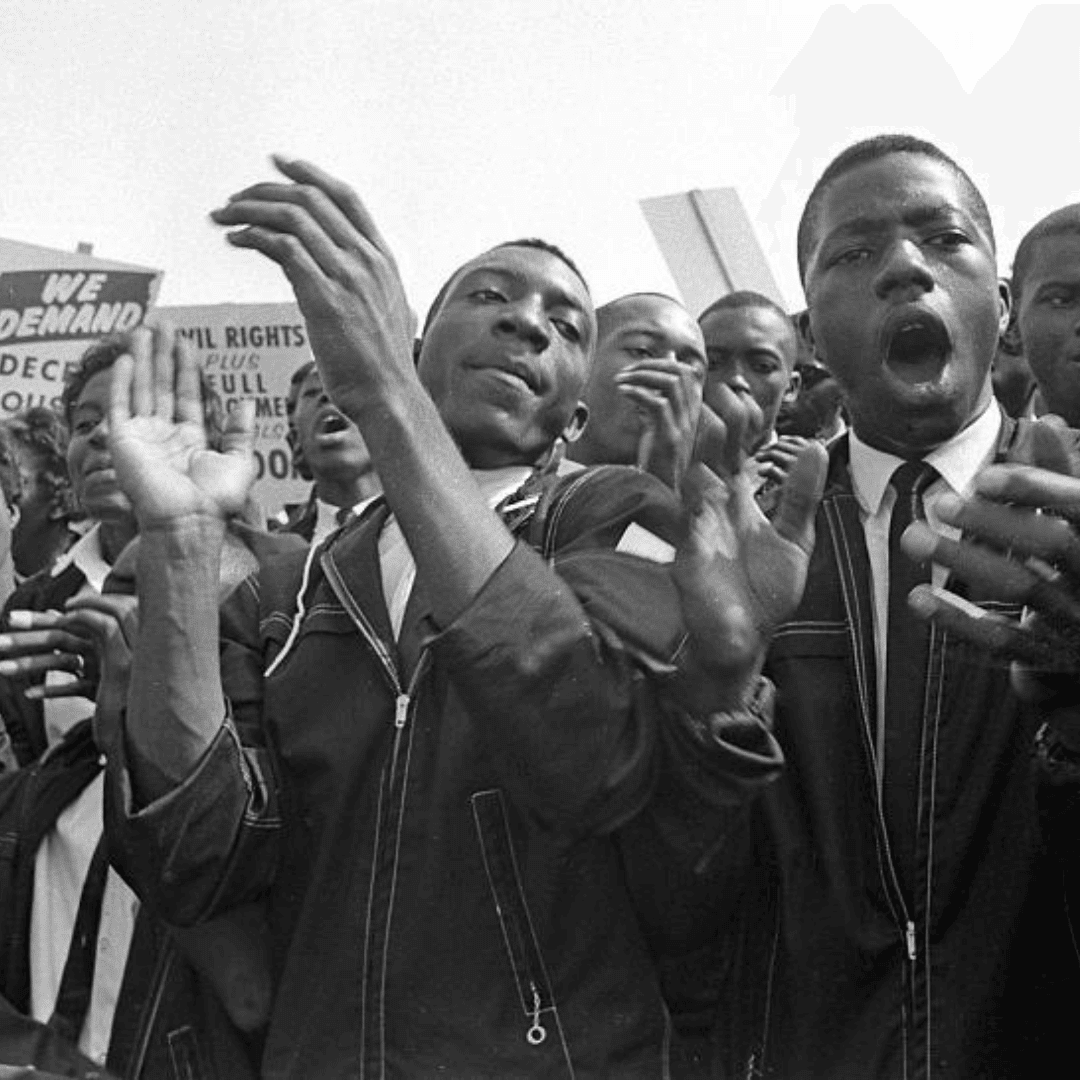If you can believe it, this is my 400th blog on education. In the last four years, I have attempted to dig deep to reveal and support students and teachers in the process of learning. I have covered policy, school reform and teacher opinions, but in doing so, I have also tried to reveal the most important issues that face us in education and offered my ideas for how to modify and change education for the better. So it was with great joy to see the New York Times’ Opinion Section in Sunday’s paper entitled: “What is School For?”
And the answer is that school is for Democracy. There simply is no other way for us to construct a country where we can all live together, make laws that we agree on, and live free. The obvious stumbling block in this era is around the follow-up question of: Have we have become so divisive in our conversation and activities that we cannot pull together? Is the end of American democracy in sight because a common school education doesn’t matter (Caplan, Brian)? Does learning matter if there is no commonly agreed upon curriculum? Have we become too divisive to make a learning community together?
Stacey: I feel like we’re going backwards in terms of equity. Whenever I look at the news, it’s always the left, the right, Republicans, Democrat. And in my head, I’m thinking, “Why can’t we all just be one?”
Stacey, Interview with 12 Teachers, The New York Times Opinion Section, “What is Education For?”
Today’s Civil Rights
Just as the Civil Rights era helped us to acknowledge and improve our uneven and unequal world, so too this era could help us to see the inequities of our society and we could attempt to provide solutions for their improvement. An improved educational conversation is again at the center of our civil rights. And yet, what of the criticism that schools are too expensive, failed miserably during COVID, and are now more vulnerable to anti-school thinking in Arizona where every student can receive $7,000 in vouchers to use at public schools, private schools, religious schools, or even home schooling (Caplan, Brian)?
Discussions of lessons based around our country and society’s true history are absolutely not making me, as a white person, feel attacked or guilty. In fact, being able to talk about hard topics such as racial inequality and slavery allowed me to feel proud of how far our society has come and hopeful that we can to progress.
Nevada Teenager quoted in Ray Victor’s Column in
The New York Times Opinion Section, “What is Education For?”
HOPE for an Educated Conversation
Gavin Wright in Sharing the Prize documents how the Civil Rights era helped create more robust economies when people learned to confront the nation’s failures. But confrontation is not quite where the country is now, politically, as the right attacks education and the left defends it. The X-factor might be that women, who have always helped us to make one big family, are now energized again to vote and lead a more educated conversation. Confronting failure is precisely the work we need to do now in order to create a more perfect union.
As the columnist Ray Victor points out, “The broader civil rights movement helped transform the nation—in ways that even benefitted the white southerners who were so deeply opposed.” Will we be able to turn our divisiveness into unity that really benefits all constituents?




